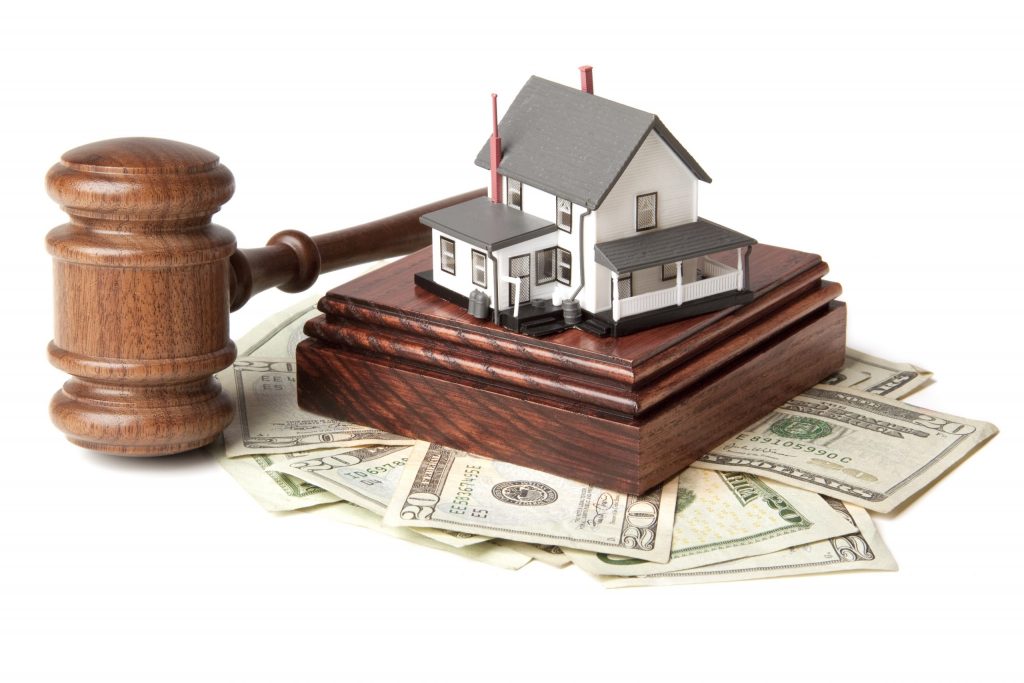Consequences of Bankruptcy

Bankruptcy is a legal process that enables individuals and companies to regain control over their debts. It can be an effective tool for individuals who have extreme amounts of debt or who are struggling with financial issues. The process is not without negative consequences though.
One of the most common and well-known effects of bankruptcy is the loss of property. During a bankruptcy, a trustee may seize any assets that are not protected. This can include household items such as appliances and furniture, tools of the trade, and automobiles. These items are then sold, and the proceeds are used to pay the bankrupt’s debts.
Another consequence of bankruptcy is that it negatively affects a person’s credit. Upon filing, the bankruptcy mark stays on a person’s credit report for seven to 10 years. In addition, the bankruptcy process may make it difficult to obtain a new car loan or mortgage. If you are considering filing, it is advisable to consult a lawyer to ensure that you understand your options.
Before filing, a debtor must decide whether or not to declare bankruptcy. They are required to complete a bankruptcy petition and schedules. They will also need to fill out a statement of financial affairs.
After completing the bankruptcy petition, a court-appointed trustee will oversee the bankruptcy. The trustee will distribute money to creditors based on the priorities outlined in the Bankruptcy Code. Depending on the type of bankruptcy, the proceeds from the sale of the debtor’s property will be given to creditors.
Depending on the type of bankruptcy, certain assets are considered protected. Assets that are not protected can be sold, but a third party will be allowed to buy the interest. Certain pension plans, life insurance policies, and certain vehicles up to a specified value are protected.
Among the debts that are not discharged in bankruptcy are child support and alimony, most student loans, and most tax liens. For example, if you have been driving under the influence, a bankruptcy cannot discharge the amount owed. However, your employment benefits are eligible to take priority over other debts.
Although it can be a good tool for eliminating some debt, there are many limitations. If a debtor’s income is low or their expenses are too high, a bankruptcy may be the only solution to their problems.
Despite the advantages of filing for bankruptcy, it can be a complicated and lengthy process. Many people file with the assistance of a lawyer. To get the best results, it is important to have an understanding of your rights and the legal process.
Regardless of the type of bankruptcy you choose, it is important to be sure that you are not in a position to owe money on discharged debts. You should begin rebuilding your credit immediately after your bankruptcy. Be sure to repay your bills on time and avoid using too much credit.
Some debtors file a Chapter 13 bankruptcy, which restructures their debts into a three to five-year repayment plan. Having a repayment plan can help you to keep your business open while you are going through the process.
Consequences of Bankruptcy was first seen on Apply for an IVA
